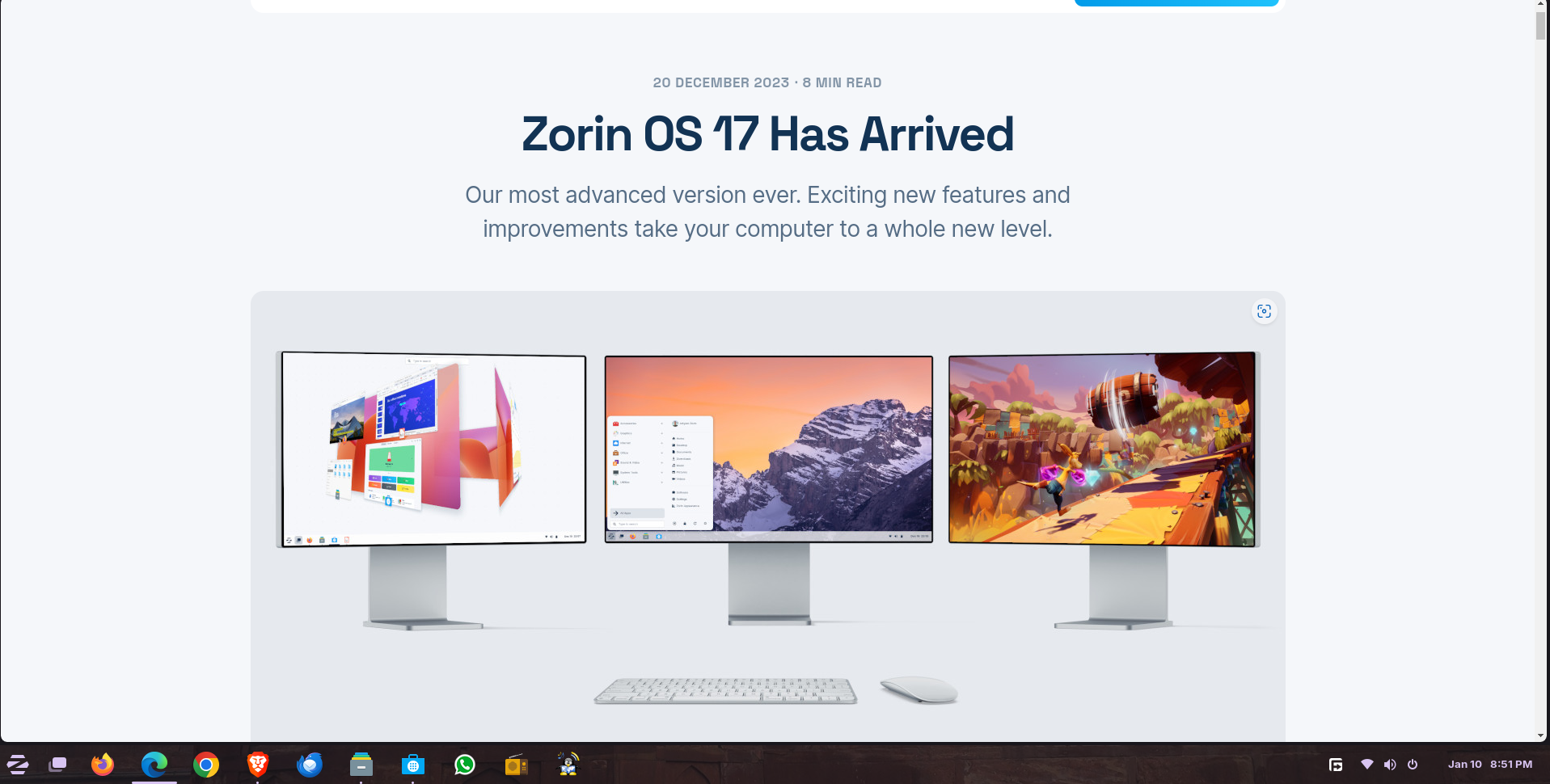
In the dynamic landscape of the internet, where digital threats loom large, safeguarding your online presence is paramount. Virtual Private Networks (VPNs) have emerged as a crucial tool in the arsenal of digital security, providing a secure tunnel for your data to travel through. In this comprehensive guide, we delve deep into the world of VPNs, exploring their benefits, how they work, and why they are essential in today’s cybersecurity landscape.
Understanding the Essence of VPNs
What is a VPN?
A VPN, or Virtual Private Network, acts as a secure tunnel between your device and the internet. It encrypts your data, making it virtually impenetrable to cyber threats. This encryption ensures that your online activities remain private and secure.
How Do VPNs Work?
VPNs operate by rerouting your internet connection through a server, obscuring your IP address and encrypting your data. This not only shields your information from prying eyes but also allows you to access the internet as if you were in a different location, enhancing privacy and bypassing geo-restrictions.
Benefits of Using a VPN
Enhanced Security and Privacy
One of the primary reasons individuals and businesses opt for VPNs is the heightened security they provide. By encrypting your internet traffic, VPNs shield your sensitive data from hackers, ensuring your online activities remain confidential.
Bypassing Geo-Restrictions
VPNs grant you the ability to access content that may be restricted in your region. Whether it’s streaming services, websites, or social media platforms, a VPN empowers you to transcend geographical barriers and enjoy unrestricted access to online content.
Secure Remote Access
For businesses with remote teams, VPNs offer a secure means for employees to access company resources from anywhere in the world. This ensures that sensitive corporate information remains protected, even when accessed from remote locations.
Choosing the Right VPN for Your Needs
Consideration Factor
- Encryption Protocols: Look for VPNs that utilize robust encryption protocols such as OpenVPN or IKEv2/IPsec to ensure the security of your data.
- Server Locations: The more server locations a VPN provider offers, the better the chance of bypassing geo-restrictions and experiencing faster connections.
- No-Logs Policy: Opt for VPN services that have a strict no-logs policy, emphasizing your privacy by not storing any information about your online activities.
Top VPN Providers in 2023
- ExpressVPN: Renowned for its speed and security features, ExpressVPN boasts an extensive server network and user-friendly interface.
- NordVPN: A reliable choice with a focus on privacy, NordVPN offers advanced security features and a vast network of servers worldwide.
- Surfshark: Known for its affordability without compromising on features, Surfshark provides robust security and unlimited device connections.
Common Misconceptions about VPNs
VPN’s Impact on Internet Speed
Contrary to a common misconception, using a VPN does not necessarily result in a significant loss of internet speed. While there may be a slight reduction due to encryption processes, top-tier VPN providers employ advanced technologies to minimize any noticeable slowdown.
Illegal Activities and VPNs
Some associate VPN usage with illegal activities due to the anonymity they provide. However, it’s crucial to understand that VPNs are legitimate tools for enhancing online security and privacy. Responsible usage is key to leveraging their benefits without engaging in unlawful actions.
Final Thoughts on VPNs and Cybersecurity
In conclusion, embracing a VPN is not just a trend but a proactive step towards securing your digital footprint. As cyber threats evolve, so should our defense mechanisms, and a reliable VPN stands as an indispensable ally in this ongoing battle for digital security.
If you want to read more information about how to boost traffic on your Website just visit –> The Insider’s Views




Leave a Reply